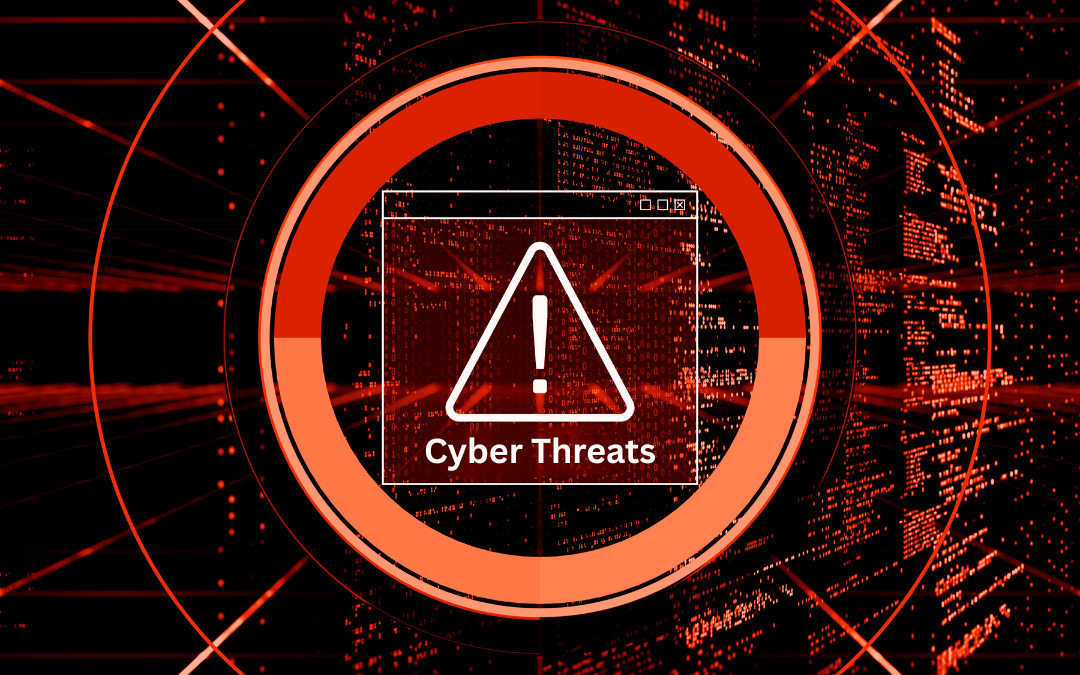On July 1, 2025, a joint advisory from CISA, FBI, NSA, and the Department of Defense Cyber Crime Center (DC3) warned of escalating Iranian cyber threats targeting U.S. critical infrastructure sectors, including energy, water, healthcare, and defense. Triggered by geopolitical tensions, particularly U.S. and Israeli military actions against Iranian nuclear facilities in June 2025, these threats highlight Iran’s sophisticated cyber capabilities.
Iranian state-sponsored groups, such as APT33 and Charming Kitten, exploit vulnerabilities like outdated software, weak passwords, and exposed internet-connected devices to launch ransomware, DDoS attacks, phishing, and brute-force campaigns. The advisory emphasizes risks to Defense Industrial Base (DIB) organizations, especially those with Israeli ties, where Iranian cyber threats could disrupt operations or steal sensitive data. While no coordinated campaign has been detected in the U.S. as of July 2025, the potential for high-impact attacks remains significant. Black Belt Secure urges organizations to act now to protect critical infrastructure from these evolving Iranian cyber threats.
Understanding Iranian Cyber Threats
Iranian cyber threats have grown in sophistication, with groups like APT33 (linked to Iran’s Islamic Revolutionary Guard Corps) and Charming Kitten targeting critical infrastructure with precision. These actors use advanced tactics, including:
- Ransomware: Encrypting systems to disrupt operations, as seen in past attacks on energy firms.
- DDoS Attacks: Overwhelming networks to cause downtime, impacting sectors like healthcare.
- Phishing and Social Engineering: Crafting targeted emails to steal credentials or deliver malware.
- Brute-Force Attacks: Exploiting weak or default passwords to access systems.
- Supply Chain Attacks: Targeting partners, like DIB firms with Israeli connections, to infiltrate broader networks.
The June 2025 military actions have heightened the risk of retaliatory cyberattacks, given Iran’s history of responding to geopolitical events (e.g., DDoS attacks on U.S. banks in the 2010s after sanctions). The advisory highlights vulnerabilities in operational technology (OT) and internet-connected devices, which are often unpatched or misconfigured, making them prime targets for Iranian cyber threats.
Broader Implications for Critical Infrastructure
Iranian cyber threats pose severe risks to critical infrastructure:
- Operational Disruptions: Attacks on energy or water systems could halt services, endangering public safety and economic stability.
- Data Theft: Stolen intellectual property or defense data could benefit adversaries or be sold on the dark web.
- Supply Chain Impact: Breaches in DIB firms could disrupt defense contracts or expose sensitive military data.
- Economic Costs: Cyberattacks cost critical infrastructure sectors an average of $9.4 million per incident, per IBM’s 2024 Cost of a Data Breach Report.
- Public Trust: Repeated disruptions erode confidence in essential services, as seen in healthcare breaches like McLaren’s in 2024.
The interconnected nature of critical infrastructure amplifies these risks, where a single breach could cascade across sectors. The focus on DIB firms with Israeli ties suggests targeted, geopolitically motivated attacks, requiring heightened vigilance.
Comprehensive Strategies to Counter Iranian Cyber Threats
To protect against Iranian cyber threats, Black Belt Secure recommends the following eight strategies tailored for critical infrastructure:
- Patch Systems Promptly: Update software and firmware to close vulnerabilities exploited by Iranian cyber threats, prioritizing OT and IoT systems.
- Strengthen Access Controls: Enforce strong, unique passwords and enable multi-factor authentication (MFA) across all systems to prevent brute-force attacks.
- Secure Operational Technology (OT) Environments: Disconnect OT systems from the internet where possible and implement network segmentation to isolate critical infrastructure from IT networks.
- Enhance Monitoring: Deploy real-time threat detection and conduct regular security audits to identify weak points.
- Train Employees: Provide ongoing training on phishing and social engineering to reduce human error, a common entry point for Iranian cyber threats.
Don’t wait for an attack to expose your weaknesses. Contact Black Belt Secure for a comprehensive cybersecurity assessment and tailored solutions to protect your organization from nation-state threats. Visit CISA’s website for additional resources and stay proactive in safeguarding your critical assets.

